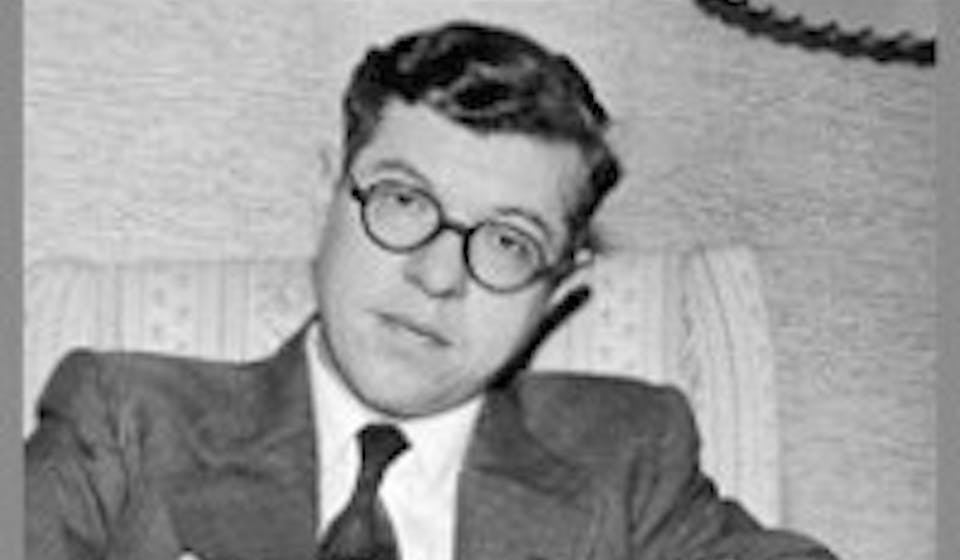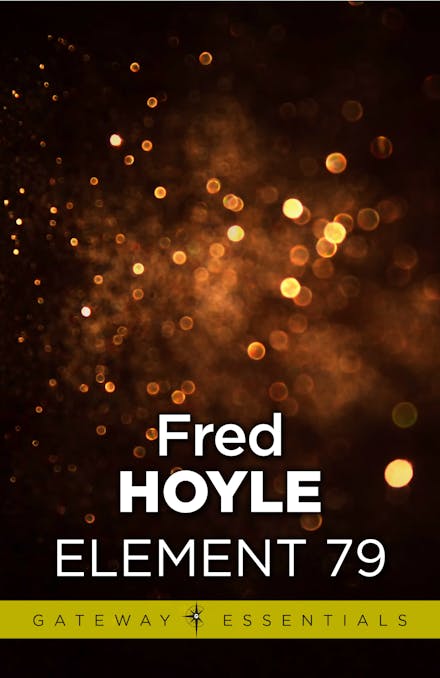Imprint
- Gateway
Fred Hoyle's World of Sc, Fiction, Science fiction
An SF Gateway eBook: bringing the classics to the future.
Can immortal man ever outwit the airlines? What if dumb animals could be trained to 'appreciate' the communications media of the human world? How does Number 38, Zone 11, respond when he sees a U.F.O? What happens to Slippage City when the Devil decides to think big?
These - plus a remarkable sex comedy - are some of the intriguing themes of Element 79, the new Hoyle galaxy that ranges the full scientific spectrum and beyond into the furthest reaches of the imagination. Author Fred Hoyle is an internationally renowned astronomer and much of his fiction is rooted in the realm of what is possible - scientifically and psychologically - on earth and in space, in the present and the future. His visions of his fellow humans is disquieting, hilarious, and sometimes frightening; his social commentary is often etched in acid. In Element 79 Mr Hoyle steps forward to take a backward glance at the world - deftly balancing his followers between the unreal and the real, between a chuckle and a shudder.

Fred Hoyle
Sir Fred Hoyle (1915-2001)
Sir Fred Hoyle was a famous English astronomer noted primarily for the theory of stellar nucleosynthesis and his often controversial stances on other scientific matters-in particular his rejection of the "Big Bang" theory, a term coined by him on BBC radio. He has authored hundreds of technical articles, as well as textbooks, popular accounts of science and two autobiographies. In addition to his work as an astronomer, Hoyle was a writer of science fiction, including a number of books co-written with his son Geoffrey Hoyle. Hoyle spent most of his working life at the Institute of Astronomy at Cambridge and served as its director for a number of years. He was knighted in 1972 and died in Bournemouth, England, after a series of strokes.































.png?auto=compress&w=150&h=60&fit=crop&fm=jpg)

.png?auto=compress&w=150&h=60&fit=crop&fm=jpg)


